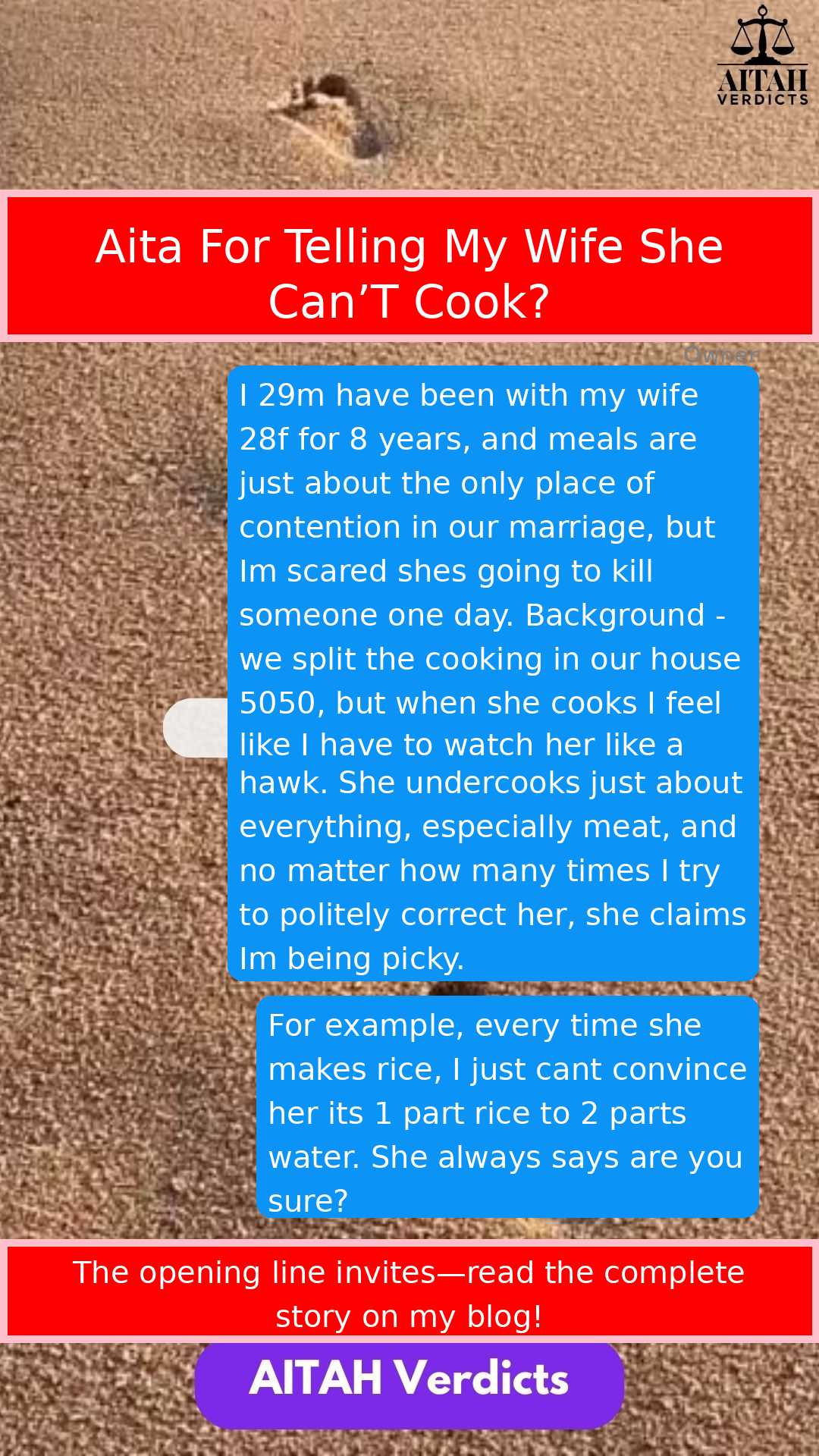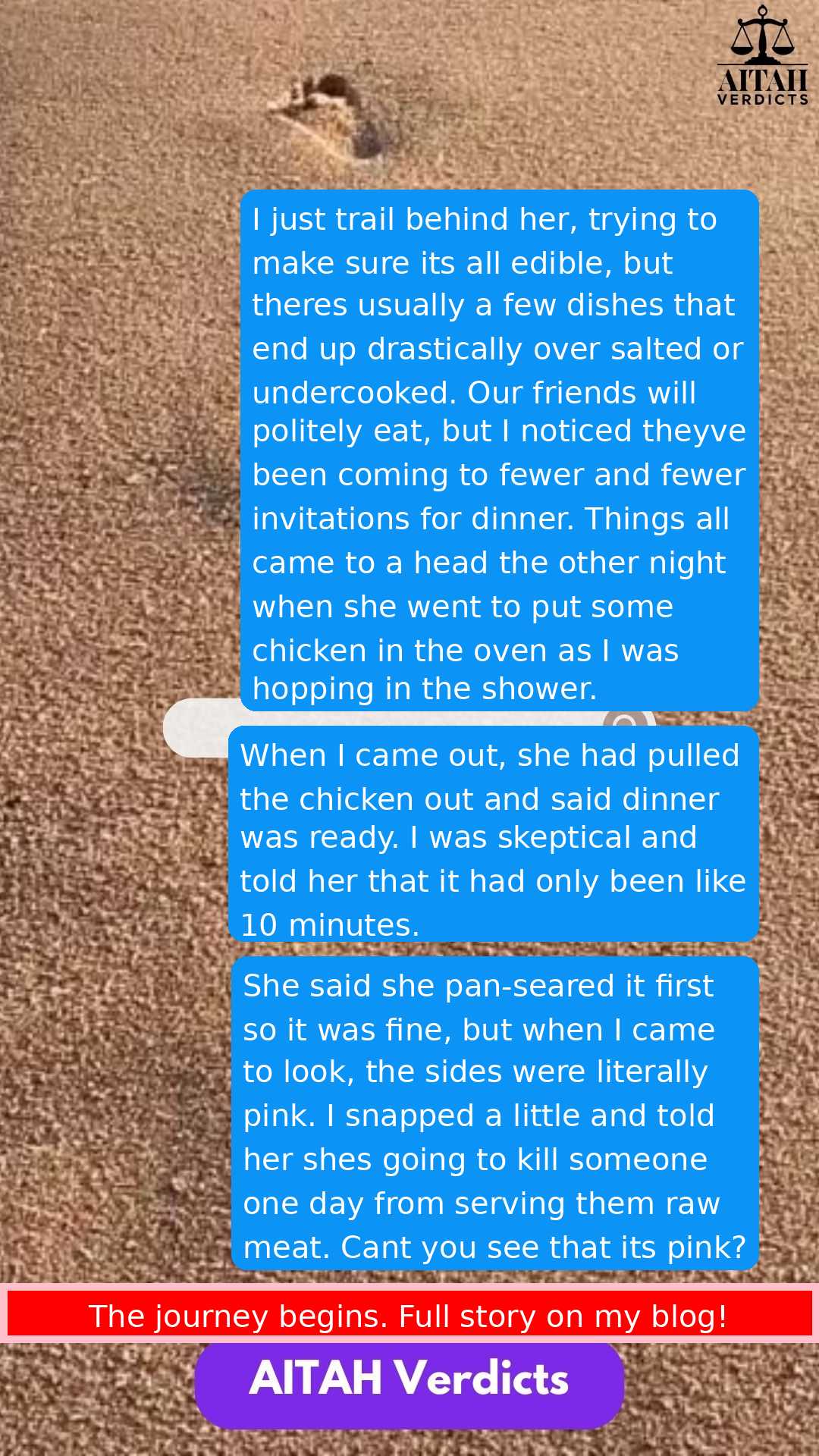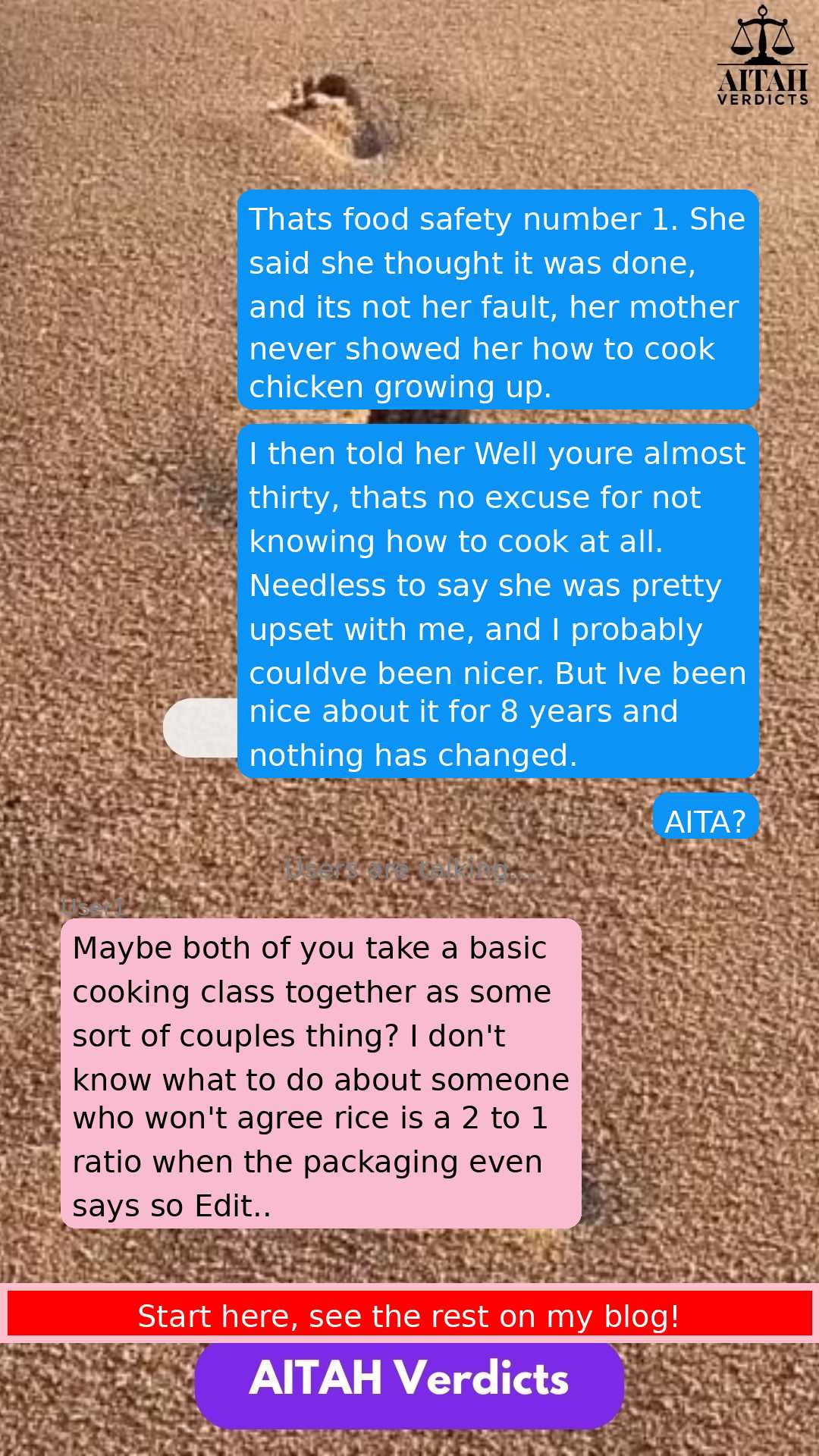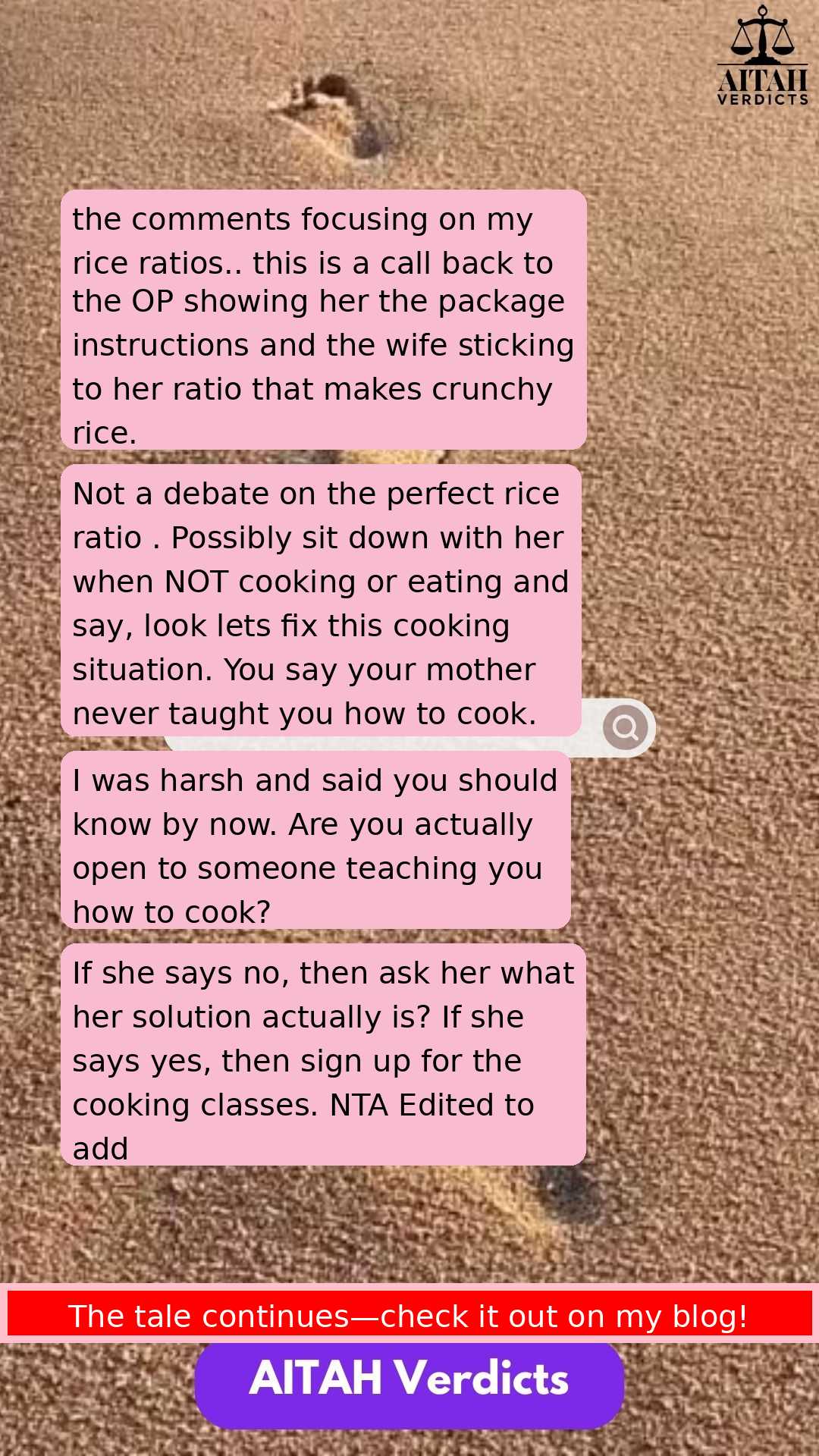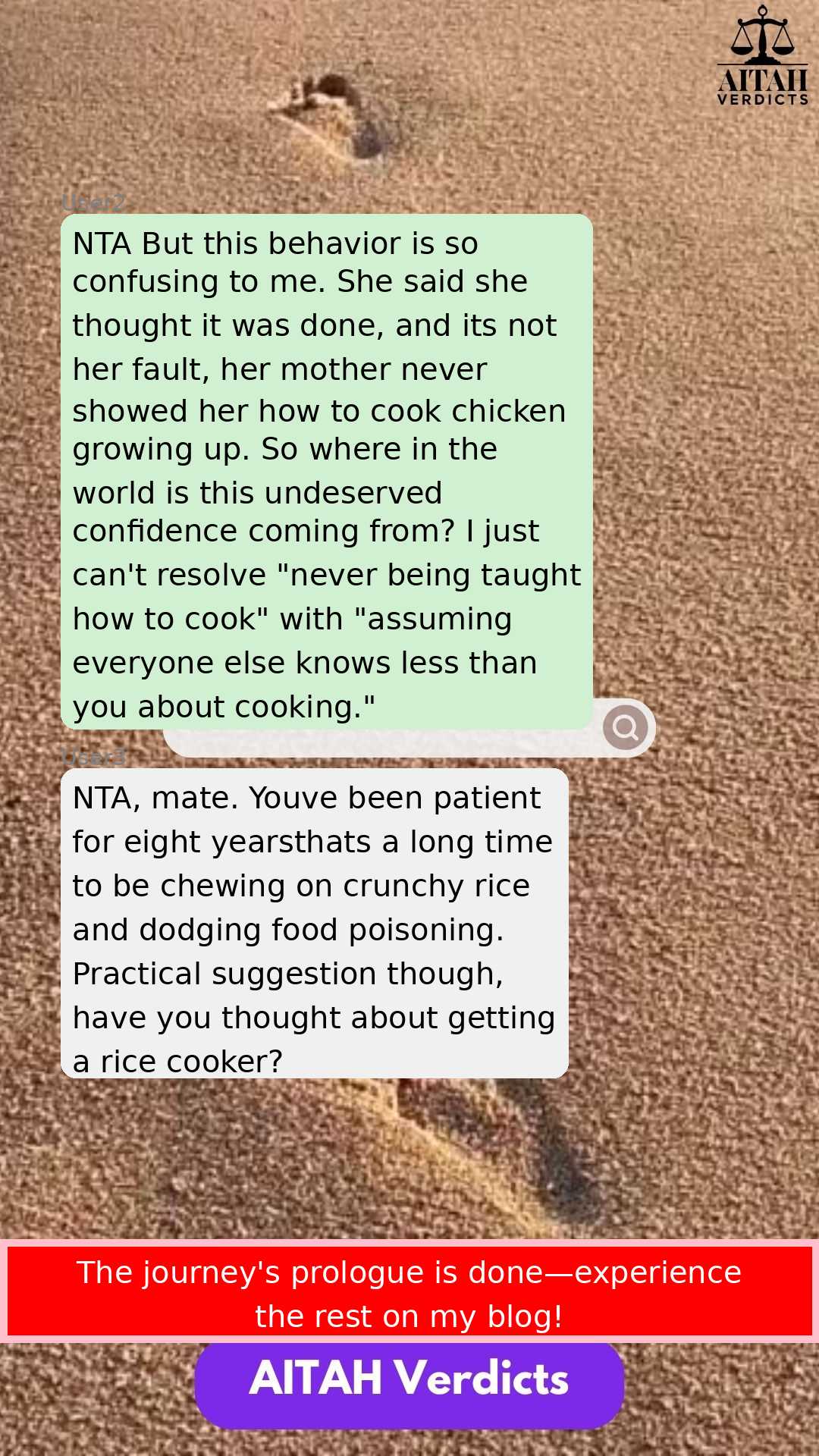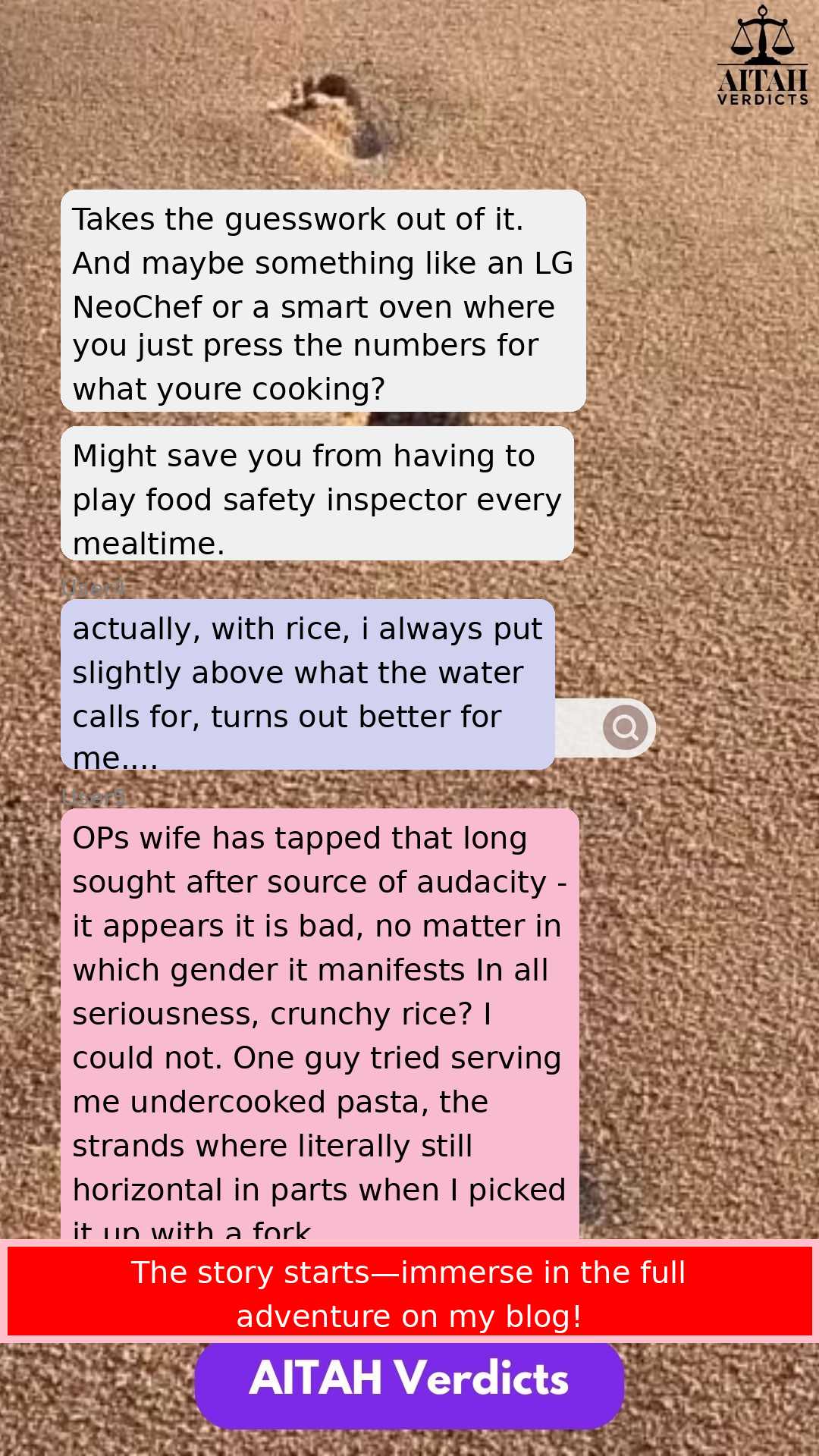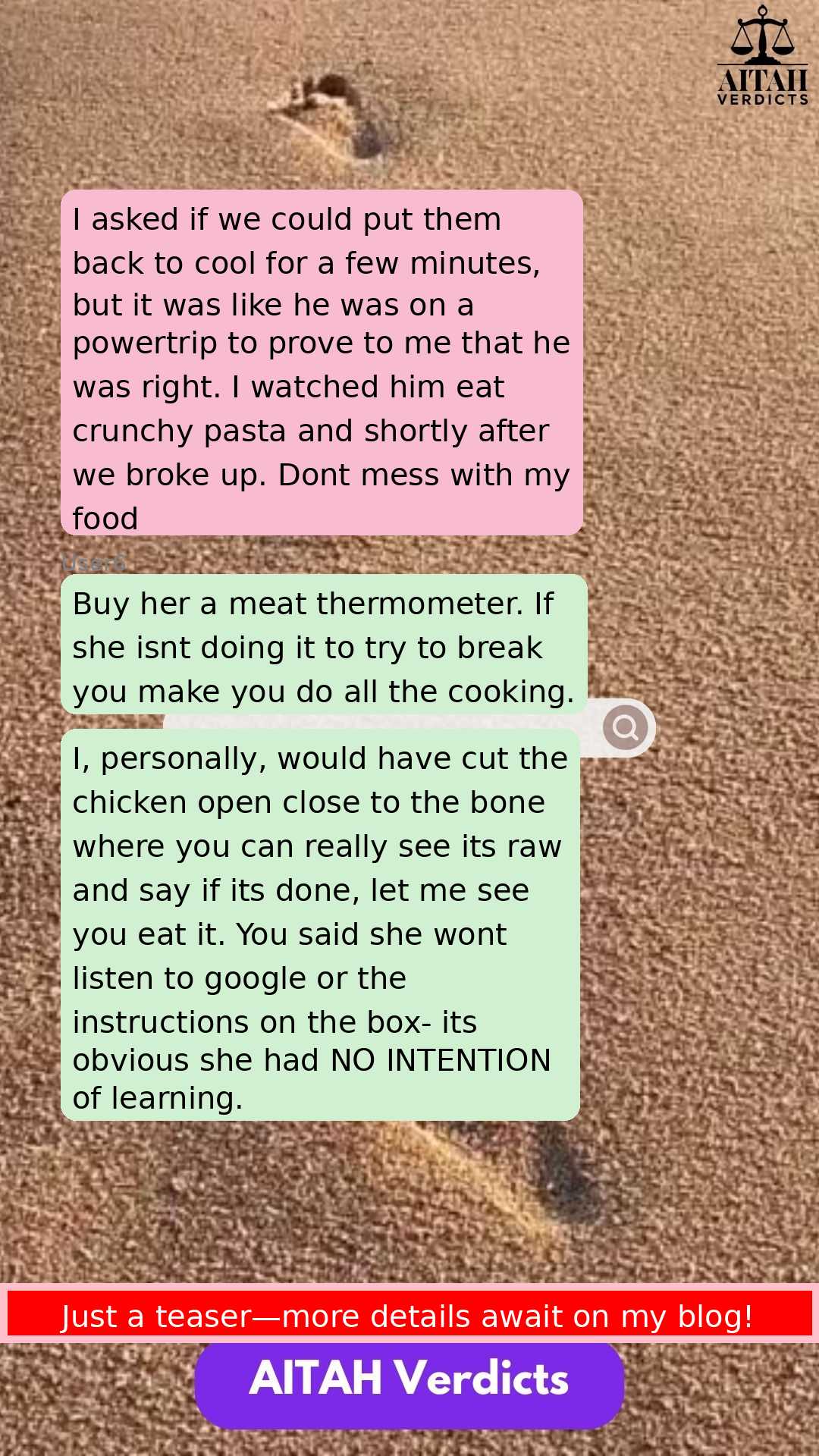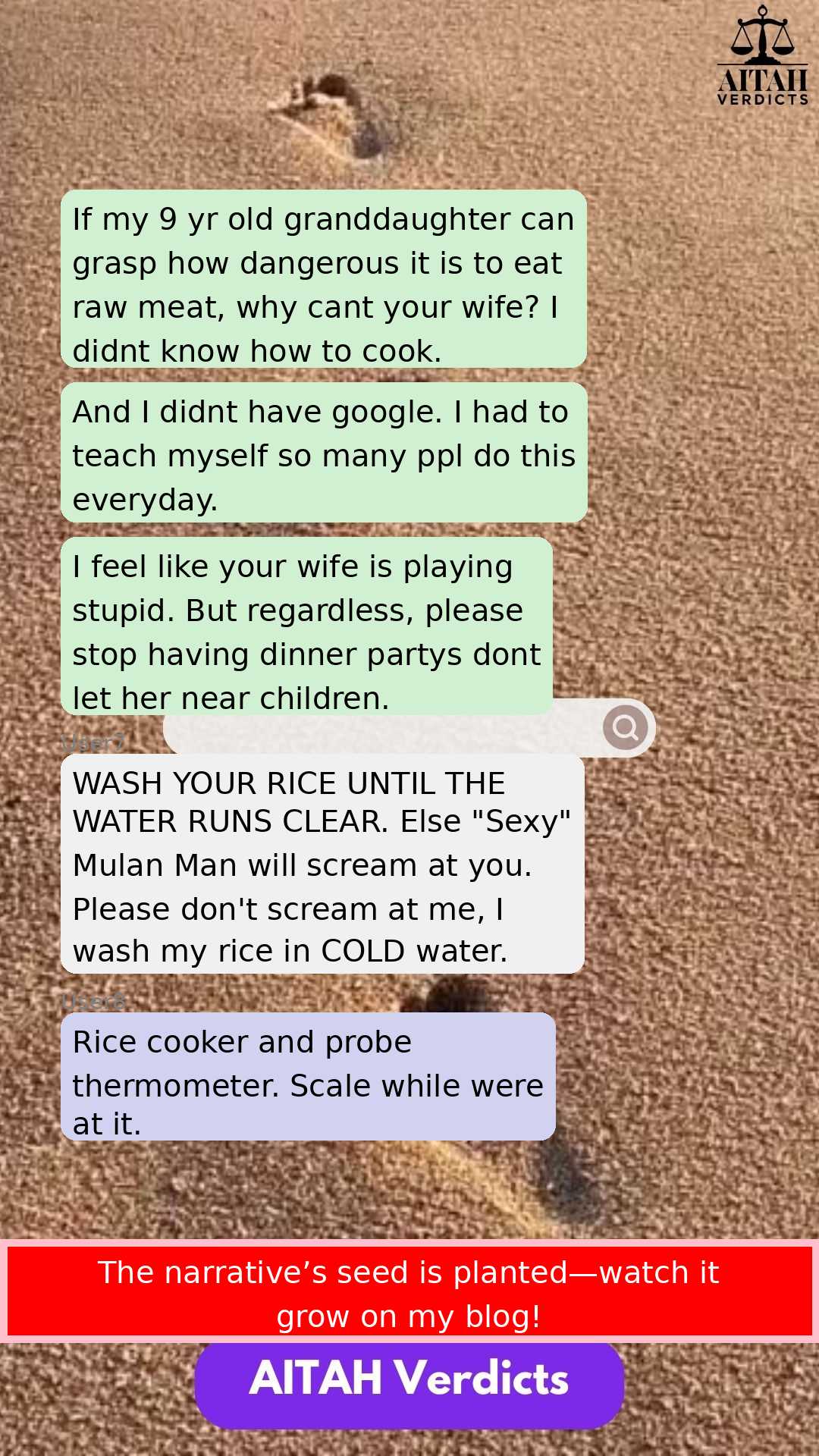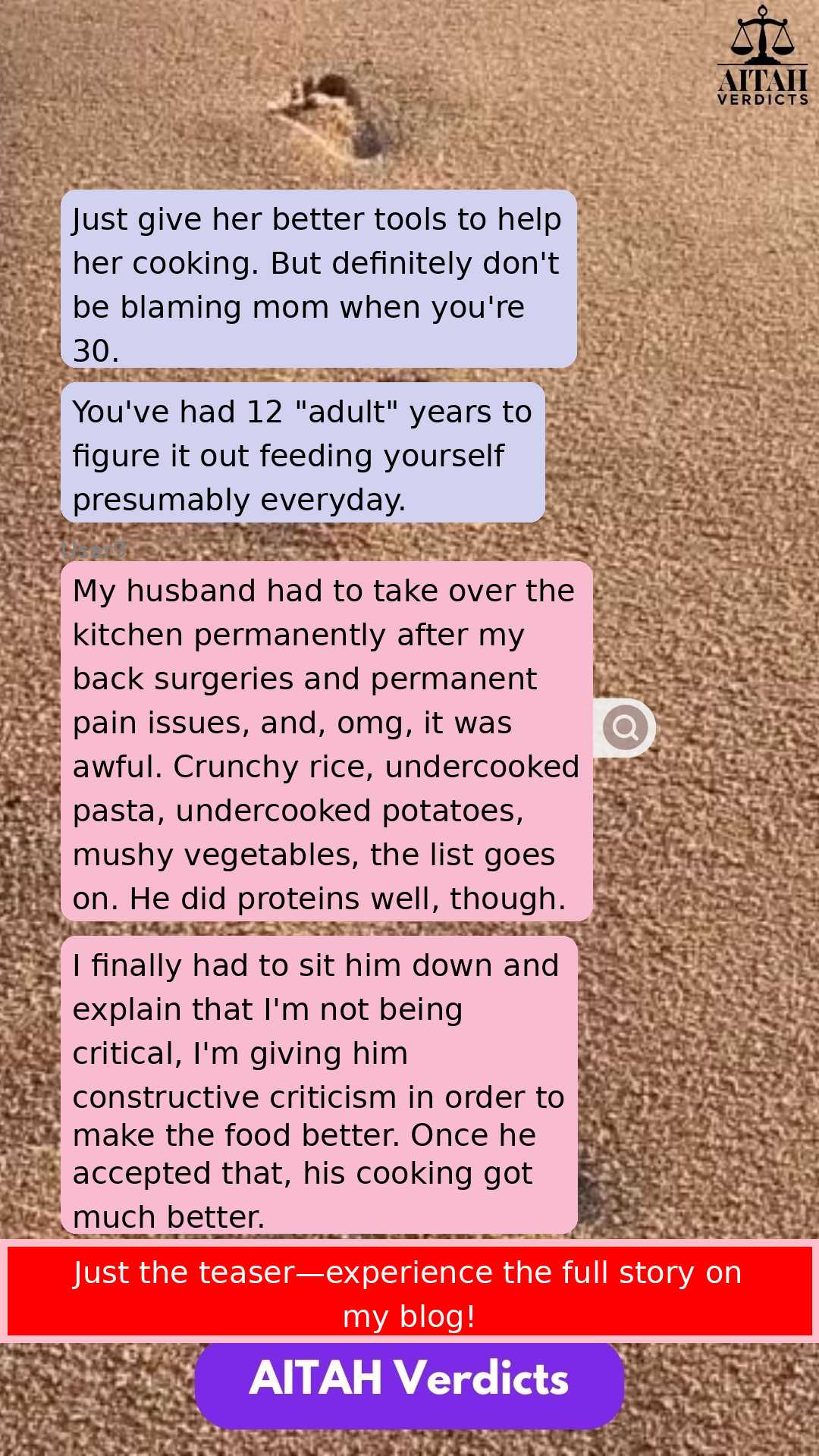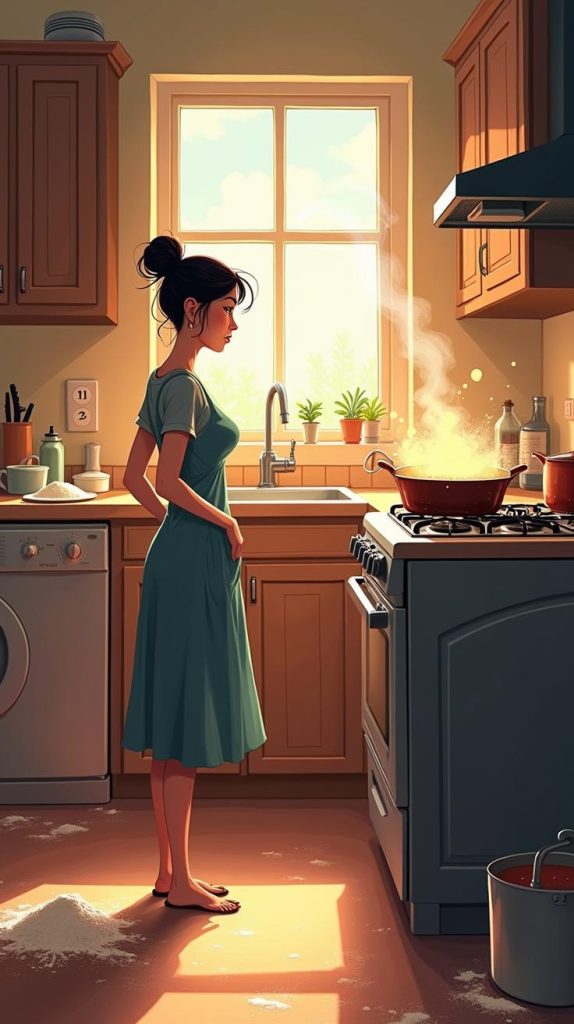AITA for telling my wife she can’t cook?
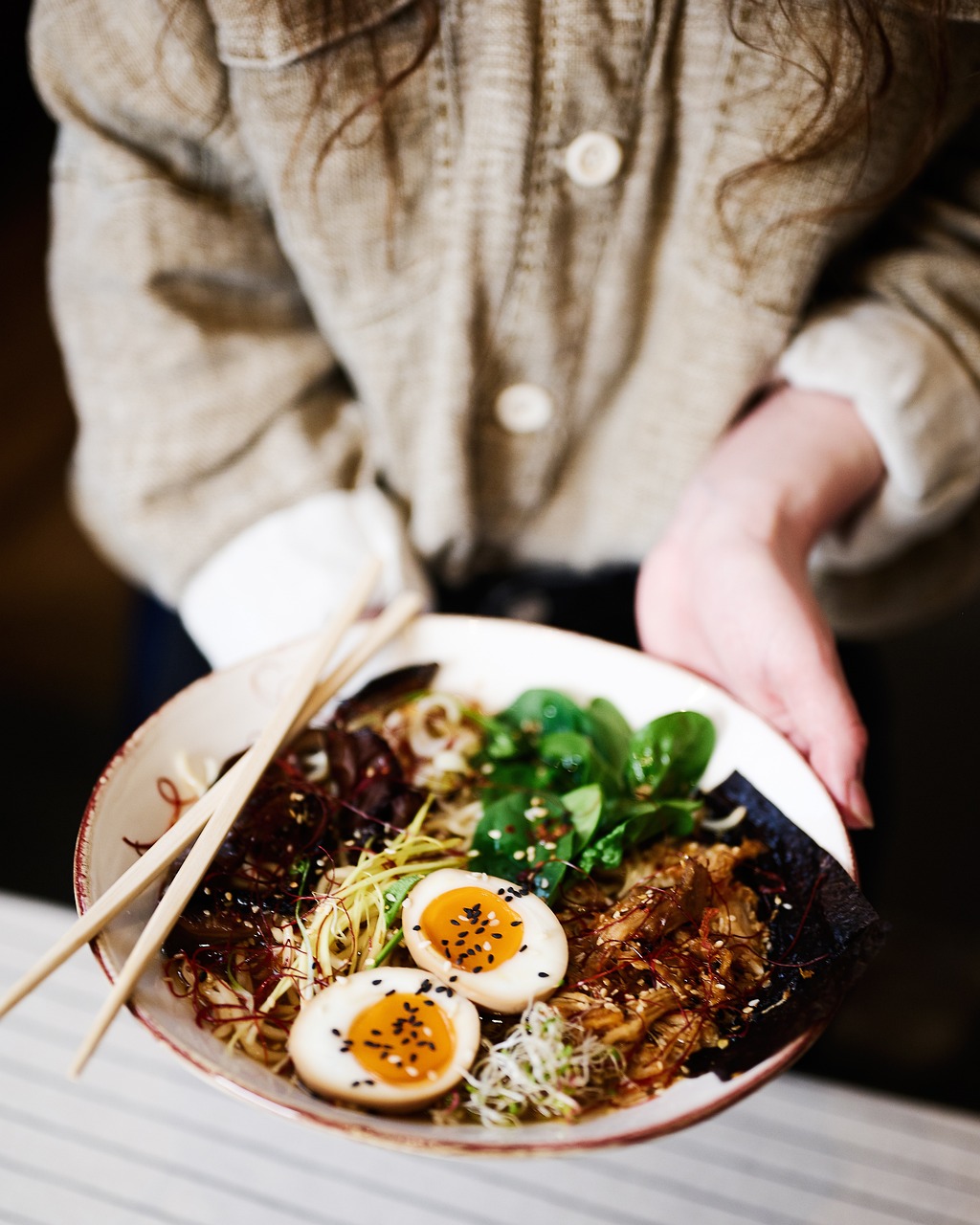 Image credit: Pixabay (This is example image – Not the actual photo)
Image credit: Pixabay (This is example image – Not the actual photo)
Cooking Catastrophes: A Recipe for Conflict
In a marriage where culinary skills clash, a husband finds himself increasingly worried about his wife’s cooking habits, particularly her tendency to undercook meat and misjudge ingredient ratios. Despite their shared responsibility in the kitchen, his attempts to guide her have only led to frustration and a growing concern for the safety of their dinner guests. As friends begin to decline dinner invitations, tensions boil over when a pink chicken prompts a heated confrontation, leaving him questioning if he’s crossed a line. This relatable tale highlights the challenges of communication and compromise in relationships, especially when it comes to something as fundamental as food.
Family Drama Over Cooking: A Conflict Resolution Dilemma
A 29-year-old man shares his concerns about his wife’s cooking habits, which have led to ongoing family drama and tension in their marriage. Here’s a breakdown of the situation:
- Background:
- The couple has been married for 8 years.
- They split cooking responsibilities evenly, but the husband feels the need to supervise his wife’s cooking closely.
- He is particularly worried about her tendency to undercook food, especially meat.
- Cooking Conflicts:
- The husband has tried to correct his wife’s cooking methods politely, but she often dismisses his suggestions.
- Examples of cooking disagreements include:
- Rice: She believes less water is better, resulting in crunchy rice.
- Pasta, veggies, bread, and meat: Similar issues arise with other dishes.
- Her desire to impress friends with her cooking has led to more tension, as meals often turn out poorly.
- Friends have started declining dinner invitations, which the husband suspects is due to the quality of the food.
- Recent Incident:
- One evening, the wife cooked chicken and claimed it was ready after only 10 minutes in the oven.
- The husband noticed the chicken was still pink inside, raising serious food safety concerns.
- In a moment of frustration, he expressed that she could potentially harm someone by serving undercooked meat.
- The wife responded defensively, stating that her mother never taught her how to cook properly.
- The husband countered that being nearly 30 years old is not an excuse for not knowing basic cooking skills.
- Aftermath:
- The wife was upset by the husband’s comments, feeling hurt by his harshness.
- The husband acknowledges that he could have approached the situation more kindly but feels frustrated after years of trying to address the issue.
- He questions whether he is in the wrong for his reaction and seeks advice on how to resolve this ongoing conflict.
This situation highlights the complexities of family dynamics and the challenges of conflict resolution in a marriage, particularly when it comes to shared responsibilities like cooking. The couple must navigate their differences to find a solution that ensures both safety and harmony in their home.
This is Original story from Reddit
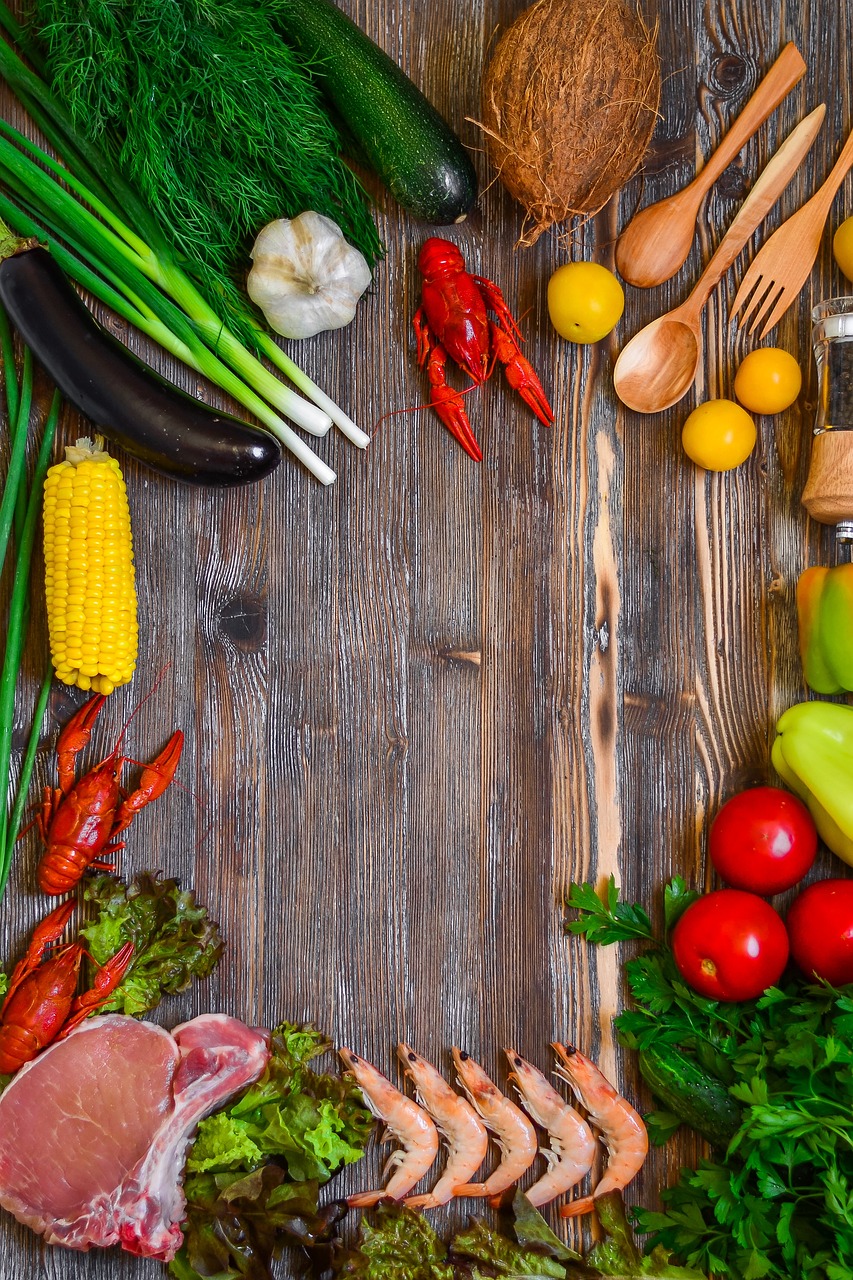 Image credit: Pixabay (This is example image – Not the actual photo)
Image credit: Pixabay (This is example image – Not the actual photo)
Story
I, a 29-year-old male, have been with my wife, a 28-year-old female, for 8 years. Meals are just about the only place of contention in our marriage, but I’m scared she’s going to kill someone one day.
Background: We split the cooking in our house 50/50, but when she cooks, I feel like I have to watch her like a hawk. She undercooks just about everything, especially meat, and no matter how many times I try to politely correct her, she claims I’m being picky.
For example, every time she makes rice, I just can’t convince her it’s 1 part rice to 2 parts water. She always says, “Are you sure? That seems like a lot of water.” Or, “Maybe that’s how you like it, but I don’t want it so mushy.” The package and Google won’t convince her either, and I just swallow my pride and eat the crunchy rice every time. It’s like that with everything: pasta, veggies, bread, and meat.
The thing is, I wouldn’t care so much if it was just me, but she always wants to cook for our friends. She really prides herself on her cooking and wants to make everything herself. I just trail behind her, trying to make sure it’s all edible, but there are usually a few dishes that end up drastically over-salted or undercooked.
Our friends will politely eat, but I’ve noticed they’ve been coming to fewer and fewer invitations for dinner. Things all came to a head the other night when she went to put some chicken in the oven as I was hopping in the shower. When I came out, she had pulled the chicken out and said dinner was ready.
I was skeptical and told her that it had only been like 10 minutes. She said she pan-seared it first, so it was fine, but when I came to look, the sides were literally pink. I snapped a little and told her she’s going to kill someone one day from serving them raw meat.
“Can’t you see that it’s pink? That’s food safety number 1.” She said she thought it was done, and it’s not her fault; her mother never showed her how to cook chicken growing up. I then told her, “Well, you’re almost thirty; that’s no excuse for not knowing how to cook at all.”
Needless to say, she was pretty upset with me, and I probably could’ve been nicer. But I’ve been nice about it for 8 years, and nothing has changed. AITA?
View the Original Reddit Post Here
Summary of Reddit Comments
The top Reddit comments indicate a strong consensus that the original poster (OP) is not at fault (NTA) for the cooking issues with his wife, who has shown a lack of willingness to learn despite having had ample time to improve her skills. Many users suggest practical solutions, such as taking cooking classes together or using better cooking tools like a rice cooker, while expressing frustration over her confidence in cooking without proper knowledge. Overall, the comments highlight the importance of communication and willingness to learn in a relationship.
Verdict: NTA
Expert Advice for Resolving Cooking Conflicts
Conflict over cooking can be a sensitive issue in a marriage, especially when it involves safety and personal pride. Here are some practical steps to help both partners navigate this situation with empathy and understanding:
For the Husband
- Practice Patience: Acknowledge that your wife’s cooking skills may not be where you want them to be, but remember that improvement takes time. Approach the situation with patience and understanding.
- Communicate Concerns Calmly: Instead of expressing frustration, try to communicate your concerns about food safety in a calm and constructive manner. Use “I” statements, such as “I feel worried when the chicken is undercooked because I care about our health.”
- Offer Support: Instead of supervising her cooking, offer to cook together. This can create a collaborative environment where both of you can learn from each other.
- Suggest Learning Opportunities: Propose taking a cooking class together or watching cooking tutorials online. This can be a fun way to bond while improving skills.
For the Wife
- Be Open to Feedback: Understand that your husband’s concerns come from a place of care. Try to be open to constructive criticism and see it as an opportunity for growth.
- Invest in Learning: Consider taking the initiative to learn more about cooking techniques. There are many resources available, from cookbooks to online courses, that can help you improve your skills.
- Practice Self-Reflection: Reflect on your cooking habits and be honest about areas where you may need improvement. Acknowledging these areas can help you grow as a cook.
- Communicate Your Feelings: Share your feelings about the situation with your husband. Let him know that you feel hurt by his comments and that you want to improve but may need his support.
Joint Steps for Resolution
- Set Aside Time for Cooking Together: Schedule regular cooking nights where both of you can experiment with new recipes and techniques. This can foster teamwork and reduce tension.
- Establish Clear Cooking Guidelines: Agree on basic cooking standards, such as cooking times and temperatures for different foods, to ensure safety and quality.
- Celebrate Progress: Acknowledge and celebrate improvements in cooking, no matter how small. Positive reinforcement can motivate both partners to continue learning.
- Seek Professional Help if Needed: If the conflict persists and affects your relationship, consider seeking the help of a couples therapist who can facilitate communication and understanding.
By approaching the situation with empathy and a willingness to learn, both partners can work together to resolve their cooking conflicts and strengthen their relationship.
Join the Discussion
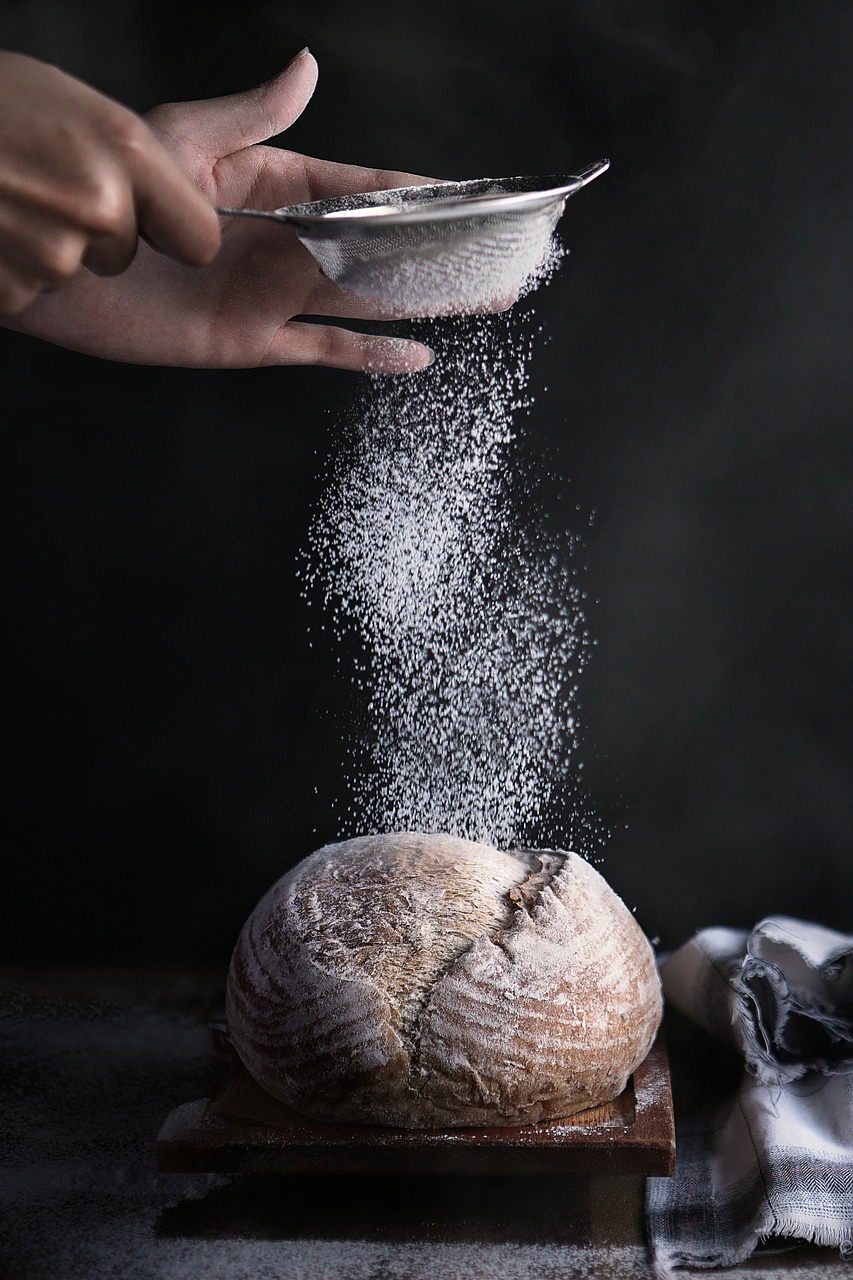 Image credit: Pixabay (This is example image – Not the actual photo)
Image credit: Pixabay (This is example image – Not the actual photo)
What do you think? Would you have handled this differently?
Share your thoughts below! Vote: Do you agree with Reddit’s verdict?
